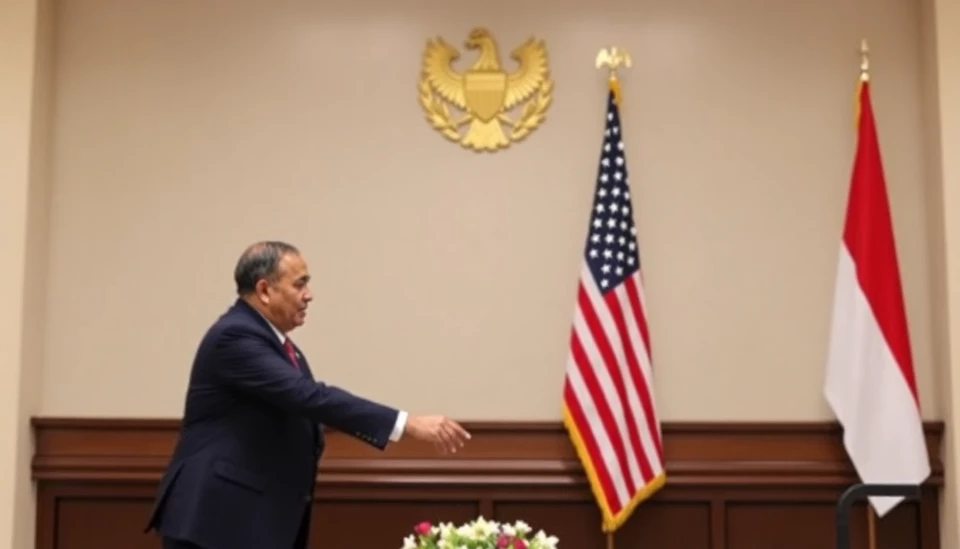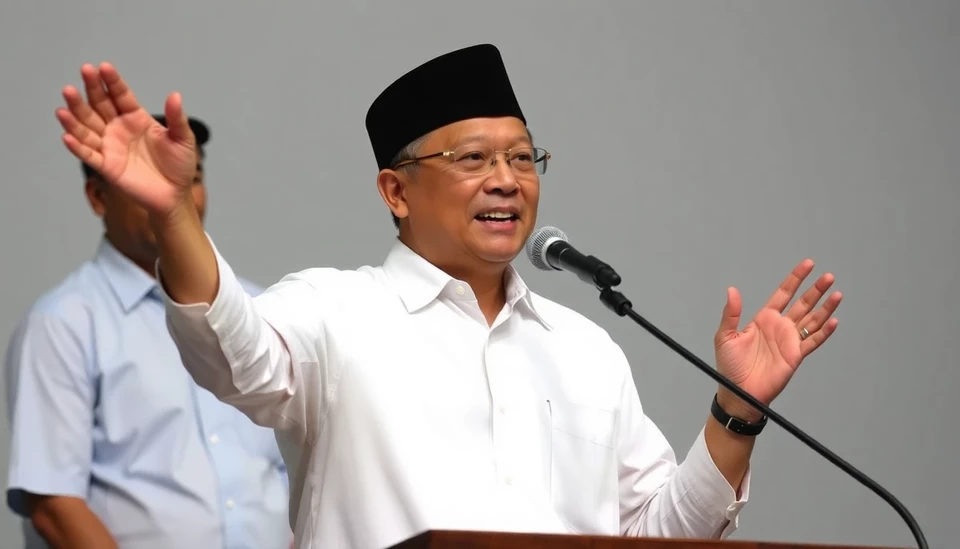
In a decisive move to stabilize its currency amid growing economic challenges, Indonesia's central bank has opted to maintain its key interest rate at 5.75%. The Bank Indonesia’s decision, announced recently, comes in response to increased volatility in the global markets and escalating risks that threaten the nation’s economic recovery.
The maintenance of the benchmark rate is crucial for the Indonesian rupiah, which has been under pressure due to fluctuations in commodity prices and tightening financial conditions worldwide. By holding the rate steady, Bank Indonesia aims to mitigate the impact of external risks, especially as many countries pivot towards increasing interest rates to combat inflation.
Central Bank Governor Perry Warjiyo emphasized that the current rate level supports the ongoing economic recovery while aiming to keep inflation within the targeted range. The recent assessment reflects a careful balancing act as Bank Indonesia weighs domestic economic growth against external threats. This decision follows a series of rate hikes in the previous years, which were implemented to curb inflation and stabilize the exchange rate.
Analysts have noted that the central bank's commitment to the current rate signals its cautious approach in navigating a complex global economic landscape. The decision also aligns with the government's efforts to bolster consumer confidence and drive investment, which are essential for fostering sustainable economic growth in Indonesia.
Looking ahead, experts warn of potential risks stemming from fluctuating global oil prices, ongoing supply chain disruptions, and geopolitical tensions that could impact regional economic stability. The central bank's strategy reflects an understanding that while inflationary pressures exist, supporting the rupiah remains a priority to avoid destabilizing the economy.
In the face of these challenges, Bank Indonesia’s proactive stance demonstrates its commitment to ensuring economic stability. The decision to maintain the key interest rate is not just about immediate financial metrics but is also a broad strategy aimed at sustaining long-term economic health in Indonesia.
As the central bank continues to monitor economic indicators closely, it remains focused on boosting the resilience of the financial system. The upcoming months will be critical as both domestic and international factors will play significant roles in shaping the country’s economic outlook.
This steady approach may pave the way for future policy adjustments as conditions evolve, but for now, maintaining the key interest rate appears to be a strategic move to bolster the economy's foundations.
In summary, Indonesia's decision to keep the key rate steady underscores the central bank’s vigilant approach towards safeguarding the rupiah and fostering a stable economic environment amidst rising uncertainties.
#Indonesia #CentralBank #InterestRate #EconomicStability #Rupiah #BankIndonesia #GlobalMarkets #InflationControl
Author: Laura Mitchell




